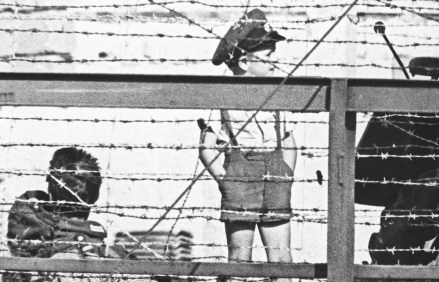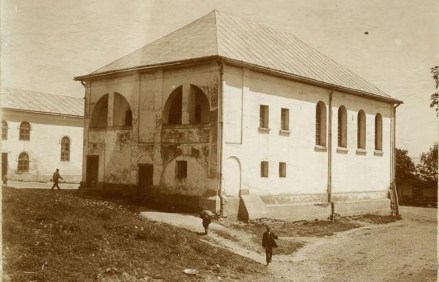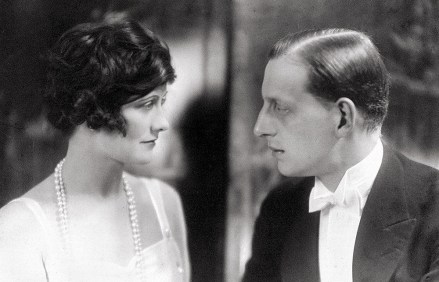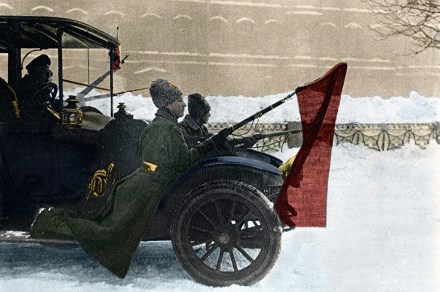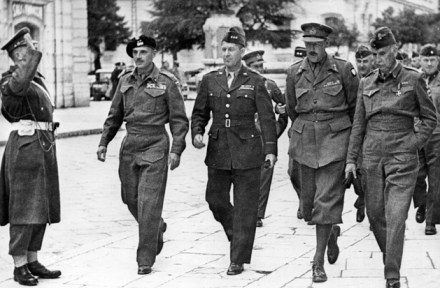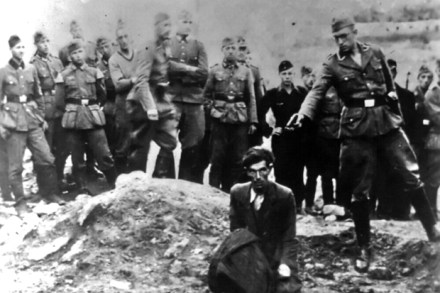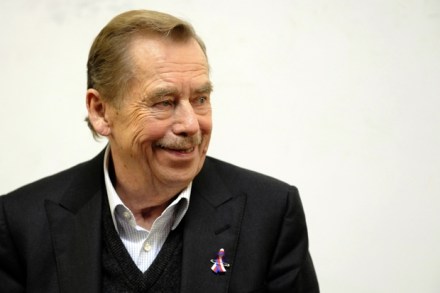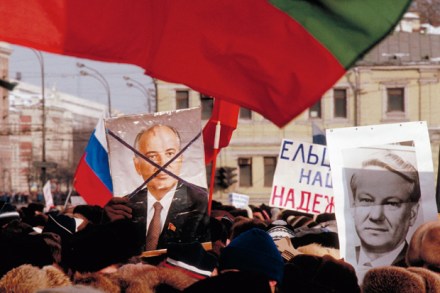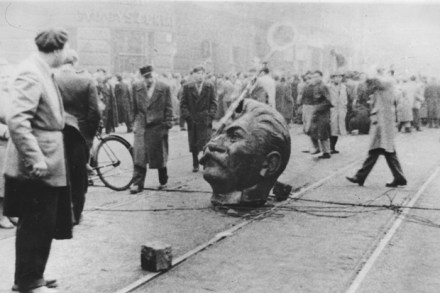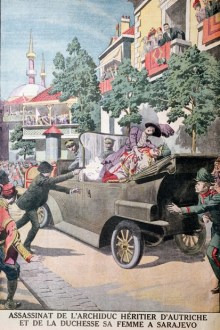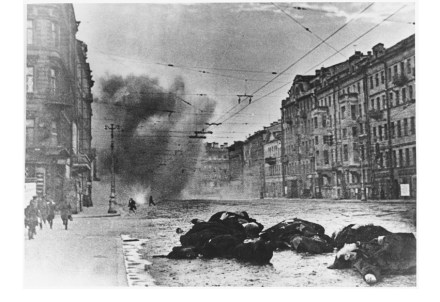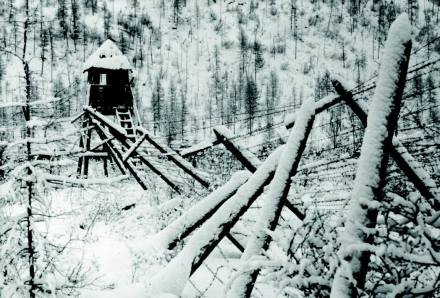The GDR was not the Stasiland of grey monotony we imagine
One of the great unsung heroes of modern times is Lt Colonel Harald Jäger, an East German border guard who was the commanding officer at the Bornholmer Strasse checkpoint in central Berlin on that wondrous night of 9 November 1989. There are heart-rending stories of those who were shot ‘wall jumping’, the near-impossible method of
